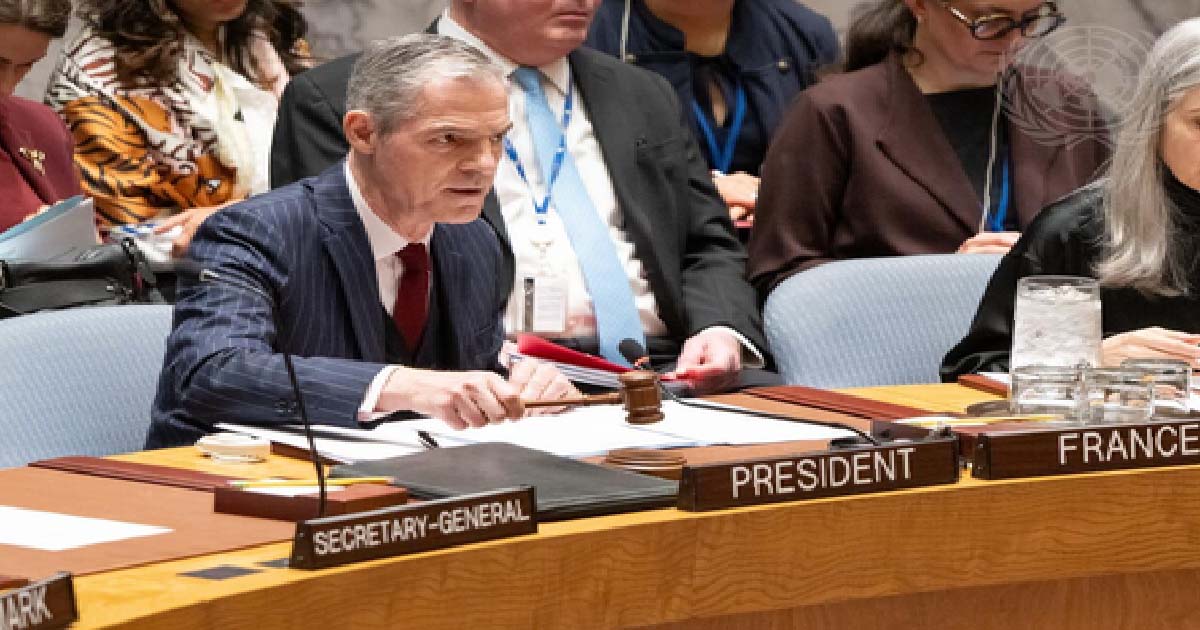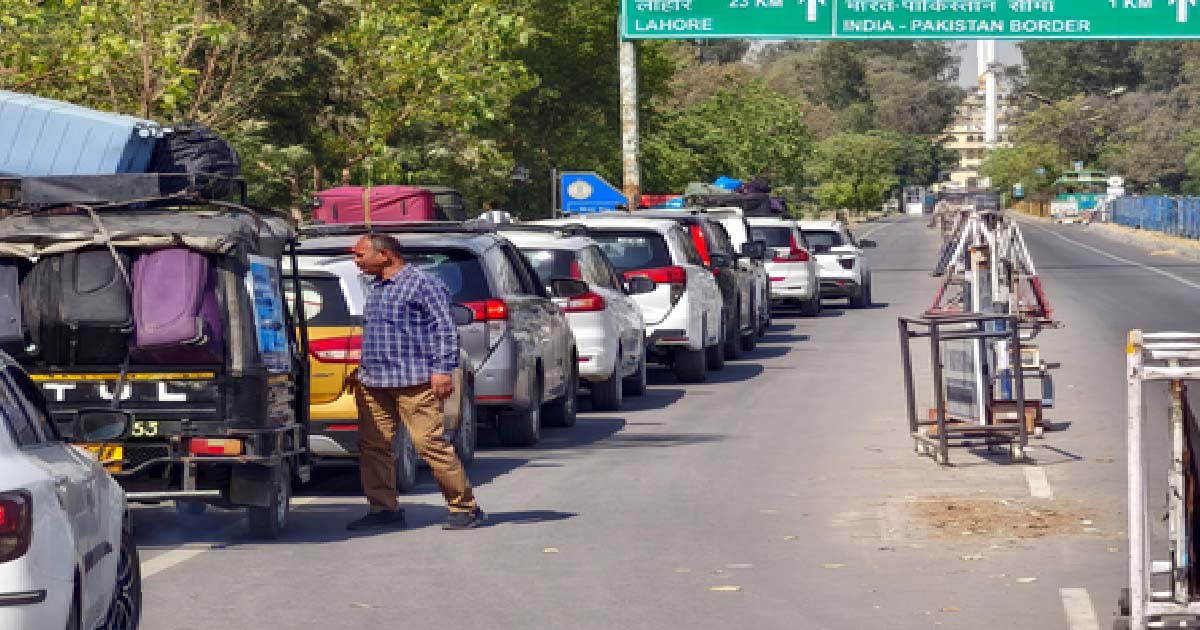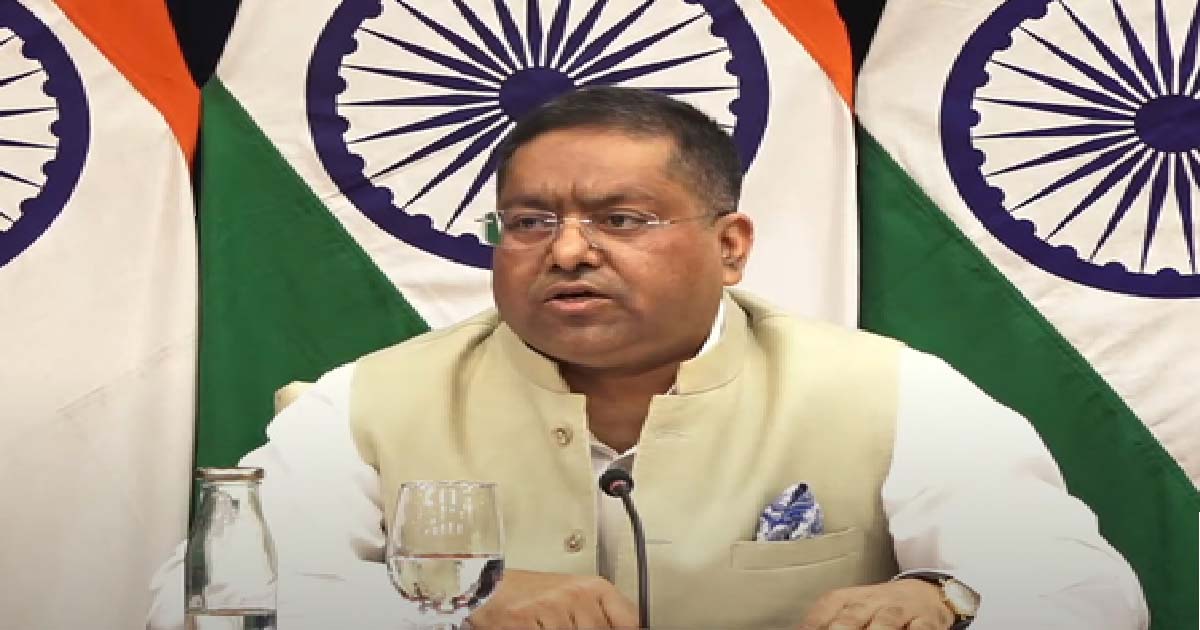International
CLOSE-IN: T20 World Cup format needs a radical change
The announcement of the T20 World Cup schedules and format to be held in Australia in October/November 2022 requires a radical change.
Maybe it is late to do so, but the ICC have to seriously look into it as well as into their other upcoming World cricket tournaments, to make them more competitive amongst the teams that count.
The format announced has been finalised with 16 teams in the fray to finally settle on 12. The T20 WC 2021 tournament has clearly indicated that the minnow sides are still way below the qualifying mark at present to compete against the top cricket teams. Although, one understands the importance of spreading cricket far and wide, the matches turn out to be a complete farce. This may extend the tenure of the tournament, but it significantly reduces the quality of it.
The formation of two groups and then for the two top teams of the groups to qualify is a concept that is ancient. This was a format when cricket World Cup ties came into existence — one that was followed in 1975 and in 1979. It was in the World Cup of 1983 when ICC realised their folly and teams although grouped, played each other twice.
This gave teams a chance to recover even if they had lost a match. India may not have qualified to win the World Cup, if the earlier format had been followed.
The ICC seems confused about their approach. On one hand they are trying to increase participation, while on the other hand they seem to be in a hurry to complete their tournaments in what one can term as “to tick the box”.
The World Test Championship was a good example of it. How can one recognise a true winner if all the top Test-playing sides have not played against each other? The paucity of time and scheduling is always the excuse. It is better not to conduct a tournament rather than to do so in an unstructured manner.
The T20 World Cup should have the 10 top teams playing against each other and similar to the Indian Premier League (IPL) the top-four would qualify wherein the top-two play initially to get into the final and the winner of the bottom-two play the loser of the first match. In the recently concluded T20 WC tournament both England and Pakistan may have benefitted from it.
Unfortunately, the two top sides in the league stage of their group lost their semifinal match and did not compete for the trophy. Australia did win the trophy having earlier lost to England. One wonders if that was a fair conclusion.
The T20 format is short and quite unpredictable, especially amongst the top-eight sides in the world. On a given day, any of them could beat the other.
The grouping of teams never justifies this and so the top-eight or 10 teams need to play against each other to truly reflect a true winner.
India beat both England and Australia in their warm-up games. They did not play them in the final draw of the T20 World Cup 2021 because of being put into another group. This is a prime example of the incorrectness of the way in which the tournament was conducted.
A World Cup should be played where all the top teams need to get an equal opportunity to display their capabilities against each other. So the ICC should not worry about completing a tournament but should focus on a system that is fair in identifying the winner.
The T20 needs teams to be flexible and agile. Teams adjusted to this in the best manner they could in the UAE. The ICC refused to alter their playing conditions, even though everyone was shouting their heads off about the advantage to the team that won the toss because of the dew factor. Aaron Flinch, the Australian captain, summed it up beautifully, when he said that one of the major factors that went into their winning the cup was that he won the toss six out of the seven times . “The toss was the boss,” he said.
The matches could easily have been made to start an hour earlier so that the toss advantage would have been tossed out of the equation.
These are the subtle changes that need to be made by not only the ICC but also the host country administering the tournament.
The ODI World Cup in Australia in 1992 was a wonderful example of the format of the top sides playing against each other. Unfortunately, the ridiculous mathematical calculations that came into force for a rain-interrupted match became the black mark of it. However, the structure was perfect in which the top-eight sides played one another.
Sourav Ganguly, the President of the BCCI, has now also taken on the responsibility of heading the Cricket Committee of the ICC, a position that he takes over from Anil Kumble. One hopes that as a former cricketer and his immense cricket administrative knowledge that he structures the ICC World Cup tournaments in a way that has more meaningful quality and not quantity to it.
One needs to herald and respect a true champion side as worthy winners. That can only happen when one has battled against each of the opponents and come out with flying colours.
International
UNSC asks all countries to cooperate in bringing Pahalgam terrorists, backers to justice

United Nations, April 26: The Security Council has “condemned in the strongest terms” the Pahalgam terrorist attack and urged all countries to cooperate in bringing all those involved in the massacre, to justice.
The members of the Security Council “stressed that those responsible for these killings should be held accountable, and urged all States, in accordance with their obligations under international law and relevant Security Council resolutions, to cooperate actively with all relevant authorities in this regard”, Council President Jerome Bonnafont said in a Press statement on Friday.
A front organisation of the Pakistan-based terrorist group Laskhar-e-Tayiba has owned responsibility for the attack.
The statement issued by France’s Permanent Representative Bonnafont who is the Council president for this month, took a broad view of those involved in the massacre by including the financiers and sponsors.
“The members of the Security Council underlined the need to hold perpetrators, organisers, financiers and sponsors of this reprehensible act of terrorism accountable and bring them to justice”, the statement said.
Pakistan, which is on the Council as an elected member, went along with the other members in endorsing the statement, committing itself – at least on paper – to bringing those involved to justice.
A Press statement expresses the consensus of the Council and carries moral authority, while not being legally binding like a resolution.
The statement also shot down the attempts by some in Pakistan to give terrorist attacks a veneer of justification.
“The members of the Security Council reiterated that any acts of terrorism are criminal and unjustifiable, regardless of their motivation, wherever, whenever and by whomsoever committed”, it said.
The Council members “reaffirmed the need for all States to combat by all means, in accordance with the Charter of the United Nations and other obligations under international law, including international human rights law, international refugee law and international humanitarian law, threats to international peace and security caused by terrorist acts”, the statement added.
Earlier, the spokesperson for Secretary-General Antonio Guterres hinted that a diplomatic effort by him may be afoot.
Asked by a reporter, if Guterres would speak to leaders of India and Pakistan, Spokesperson Stephane Dujarric said that he hoped to have something to share on that later.
Reiterating the condemnation of the terrorist attacks, Dujarric said, “We again urge both the Government of India and the Government of Pakistan to exercise maximum restraint to ensure the situation does not deteriorate further.”
When a reporter asserted that the possibility that “two nuclear countries” might “go to war” was getting insufficient attention, Dujarric said, “I don’t agree with your comment. We are paying very close attention to the situation between India and Pakistan.”
International
Wagah-Attari border closure leaves several families in limbo

Islamabad, April 25: Pakistan and India’s decision to shut down the Wagah-Attari border crossing after the deadly Pahalgam terror attack has forced several citizens from both countries to cut short their visit and rush back home.
On Thursday, after both countries announced closure of border crossing and gave a deadline for citizens to leave for their respective countries, at least 28 Pakistanis nationals returned from India while 105 Indian citizens in Pakistan crossed over into India.
A Hindu family from Balochistan’s Sibi was reportedly denied entry into India after the closure of border crossing.
“We were on our way to Indore in Madhya Pradesh to attend a wedding. Seven members of our family were excited to join our relatives in India and take part in the celebrations. But upon reaching Wagah, we learned that the border had been sealed. We will spend the night at Dera Sahib in Lahore and head back home tomorrow,” said Akshay Kumar.
Meanwhile, a Sikh family from India, in Pakistan to attend a wedding, decided to leave for India immediately.
“We had come to Pakistan for a wedding. While the ceremony took place, several important rituals remained. Once we heard the border was closed, we decided to return immediately,” said Raminder Singh, an Indian national.
A Hindu family from Ghotki in Pakistan’s Sindh province, now residing in New Delhi, was visiting Pakistan for the last two months to meet their relatives. However, they are now unsure about getting permission to return to India.
“There are five of us, including my young son and daughter, uncle and aunt. We all hold Pakistani passports and were granted No Obligation to Return to India (NORI) certificate by India. But uncertainty looms now, said a family member named Indira.
“Families with cross-border ties often bear the brunt of rising tensions between the two neighbours. With tensions between Pakistan and India once again on the rise, human connections across borders are becoming the first casualty,” said Asif Memood, a Lahore-based journalist.
“The closure of the Wagah-Attari border has left many families in limbo, uncertain when they will next reunite with their loved ones,” he added.
International
Murder of Hindu leader: India slams Bangladesh, says killing follows pattern of systematic persecution of Hindu minorities

New Delhi, April 19: India on Saturday issued a sharp condemnation of the abduction and brutal killing of Bhabesh Chandra Roy, a prominent Hindu community leader in northern Bangladesh, calling it part of a “pattern of systematic persecution” of minorities under the country’s interim government.
Ministry of External Affairs (MEA) spokesperson Randhir Jaiswal voiced India’s grave concern, stating that the incident reflects an alarming trend of targetted violence against Hindus and other minority groups in Bangladesh.
“We have noted with distress the abduction and brutal killing of Shri Bhabesh Chandra Roy, a Hindu minority leader in Bangladesh. This killing follows a pattern of systematic persecution of Hindu minorities under the interim government, even as the perpetrators of previous such events roam with impunity,” Jaiswal said in a post on social media platform X.
He added, “We condemn this incident and once again remind the interim government to live up to its responsibility of protecting all minorities, including Hindus, without inventing excuses or making distinctions.”
India has previously expressed similar concerns over rising attacks on minorities in Bangladesh, but this latest incident has drawn particular attention due to Roy’s prominence in the Hindu community.
Roy, who served as the Vice-President of the Biral unit of the Bangladesh Puja Udjapan Parishad, was abducted from his residence in Dinajpur district on Thursday evening. According to police and family accounts, he received a phone call around 4:30 p.m., after which four unidentified men arrived on motorcycles and forcibly took him to Narabari village. He was reportedly assaulted and later found unconscious. He was rushed to a hospital in Dinajpur, where he was declared dead on arrival. His wife, Shantana Roy believes the attackers used the call to confirm his location before carrying out the abduction.
Opposition leaders in India also slammed the shocking incident in the neighbouring country.
Congress President Mallikarjun Kharge highlighted that religious minorities, especially Hindus, are being persecuted in Bangladesh.
“Attacks on other religious minorities are also continuing. Recently, the Chief Advisor of Bangladesh made a very condemnable and disappointing comment about the northeastern states of India. The persecution of religious minorities in Bangladesh, human rights violations, and the attempt to erase the memories of the 1971 Liberation War are efforts to weaken the relationship between India and Bangladesh. From 1971 till today, India has always wished for peace and prosperity for all the people of Bangladesh. This is in the best interest of the subcontinent,” he said.
-

 Crime3 years ago
Crime3 years agoClass 10 student jumps to death in Jaipur
-

 Maharashtra1 year ago
Maharashtra1 year agoMumbai Local Train Update: Central Railway’s New Timetable Comes Into Effect; Check Full List Of Revised Timings & Stations
-

 Maharashtra1 year ago
Maharashtra1 year agoMumbai To Go Toll-Free Tonight! Maharashtra Govt Announces Complete Toll Waiver For Light Motor Vehicles At All 5 Entry Points Of City
-

 Maharashtra1 year ago
Maharashtra1 year agoFalse photo of Imtiaz Jaleel’s rally, exposing the fooling conspiracy
-

 National News1 year ago
National News1 year agoMinistry of Railways rolls out Special Drive 4.0 with focus on digitisation, cleanliness, inclusiveness and grievance redressal
-

 Maharashtra1 year ago
Maharashtra1 year agoMaharashtra Elections 2024: Mumbai Metro & BEST Services Extended Till Midnight On Voting Day
-

 National News1 year ago
National News1 year agoJ&K: 4 Jawans Killed, 28 Injured After Bus Carrying BSF Personnel For Poll Duty Falls Into Gorge In Budgam; Terrifying Visuals Surface
-

 Crime1 year ago
Crime1 year agoBaba Siddique Murder: Mumbai Police Unable To Get Lawrence Bishnoi Custody Due To Home Ministry Order, Says Report












